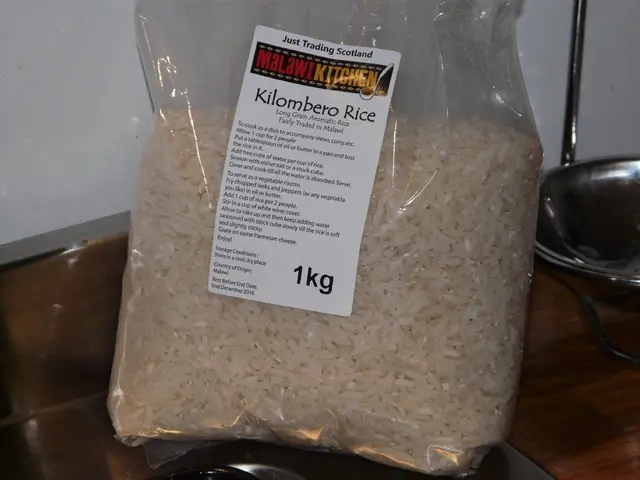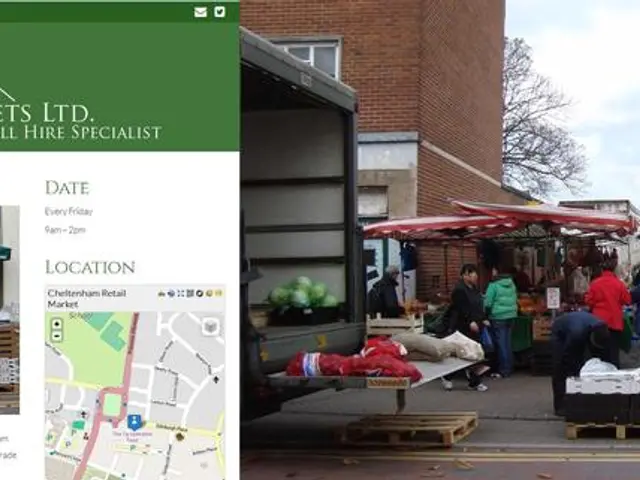Guide for Obtaining a Home Loan
Let's talk about the nitty-gritty of getting that mortgage and buying the home you've always wanted. Here's the cold, hard truth about the mortgage process.
What You Really Need to Know
Step 1: Boost Your Credit Score
Want a top-tier loan offer? You'll need a credit score in the high 700s. Here's how to get it:
- Make all payments on time and pay down your credit card balances.
- Settle any past-due accounts.
- Check your credit reports regularly for errors and get them corrected.
- Check your credit score before applying for a mortgage.
Step 2: Figure Out What You Can Afford
Determine your debt-to-income (DTI) ratio to see how much home you can truly handle. Remember, a lower DTI means more financial flexibility.
Step 3: Save Up
First, aim for a down payment. But don't forget about closing costs and cash reserves. The rule of thumb is six months' worth of mortgage payments in a savings account.
Step 4: Compare Rates and Loan Types
From conventional loans to VA and USDA loans, there are various mortgage options available. Research interest rates, fees, mortgage insurance, and term lengths.
Step 5: Find a Reputable Lender
Ask friends, family members, and your agent for referrals. Check online reviews to make an informed choice. Remember, it's not just about price and interest rate - customer satisfaction matters too.
Step 6: Get Preapproved
With a preapproval, you'll know exactly how much you're approved to borrow, making you a more attractive buyer to sellers.
Step 7: Start House-Hunting
With preapproval in hand, it's time to find a property that fits your needs. Be prepared to act fast once you find the right one.
Step 8: Submit Your Application
When you've found your dream home, submit your mortgage application online or with a loan officer. Be ready to provide proof of income, assets, and identification.
Step 9: Navigate the Underwriting Process
Your application will go through a risk assessment. Be prepared to provide additional documentation and answer questions.
Step 10: Close the Deal
Once you're officially approved for a mortgage, it's time to close. Be ready to pay closing costs, which average 2 to 5 percent of the loan's principal.
FAQ
How much income do you need for a mortgage?
The amount of income required depends on your debts and the home budget. A loan officer can help you determine if your income is sufficient.
What's the minimum down payment?
For fixed-rate conventional loans and FHA loans, the minimum down payment is 3 to 3.5 percent of the home's purchase price.
What are the eligibility criteria for a mortgage?
Eligibility depends on the specific mortgage type. For example, for an FHA loan, you'll need a credit score of at least 580 and a down payment of 3.5 percent.
Where can you get a mortgage?
You can get a mortgage through direct/retail lenders, mortgage brokers, or other lenders. Compare top offers on mortgage rates.
What questions should you ask mortgage lenders?
Ask about the mortgage loan that best fits your situation and any down payment assistance programs you qualify for. While asking about interest rates can be helpful, some lenders might not disclose rates until you've applied for prequalification or preapproval.
In the process of buying a dream home, understanding mortgage rates is crucial for personal finance and business decisions. This information allows you to compare various loan types, such as conventional, VA, and USDA loans, based on interest rates, fees, mortgage insurance, and term lengths. Finding a reputable lender is also essential, as customer satisfaction and referrals play a significant role. Once you've found your perfect home, getting preapproved gives you an advantage in the eyes of sellers by showing you've already been approved for a mortgage.




